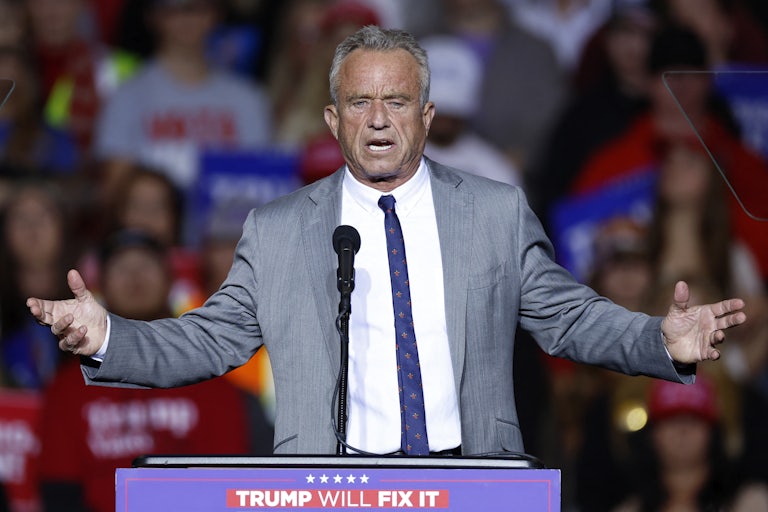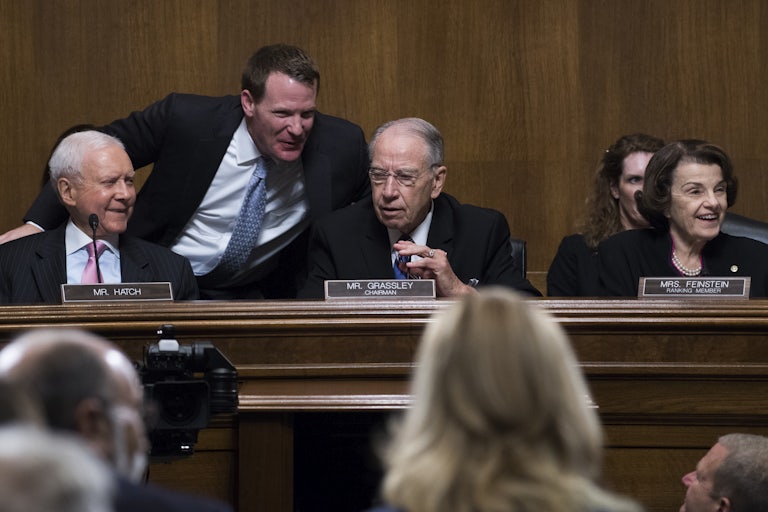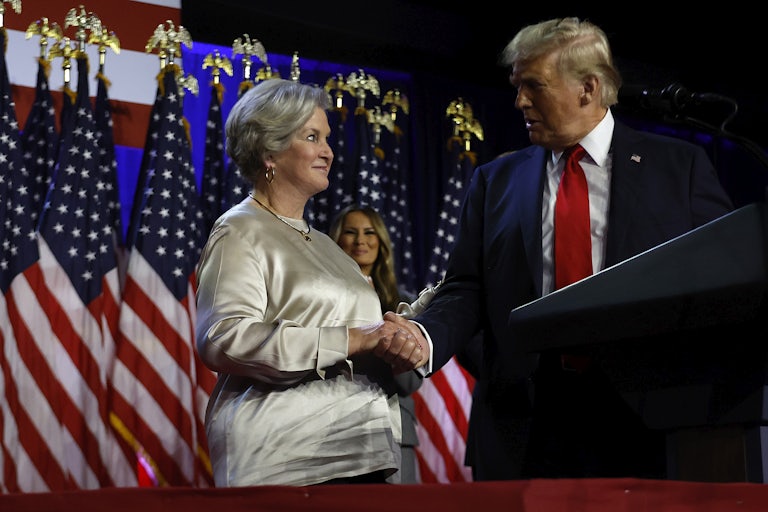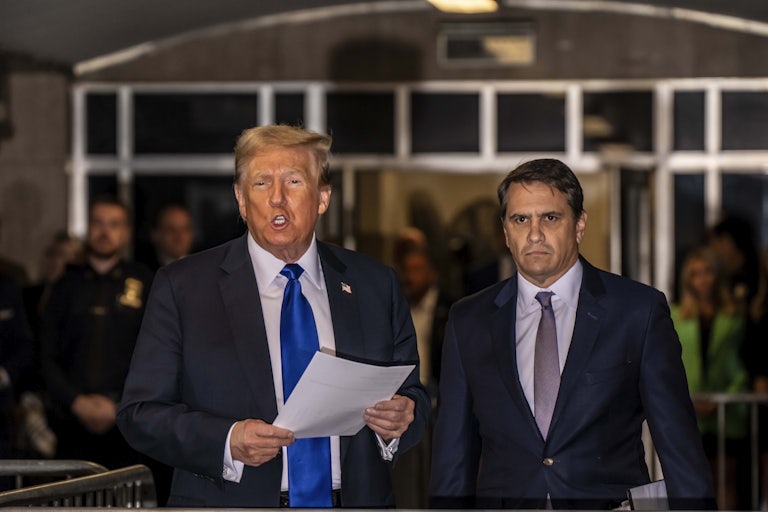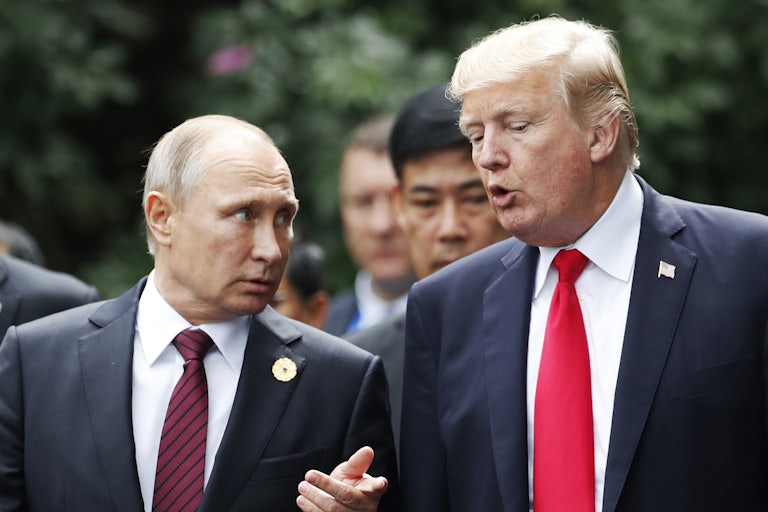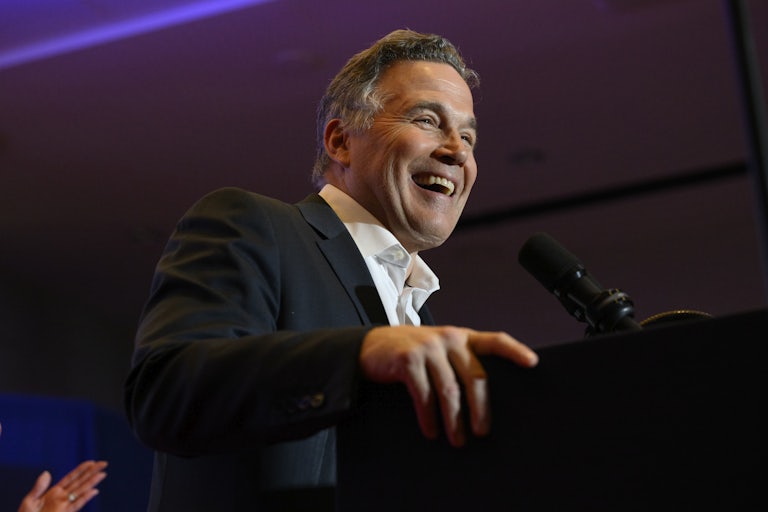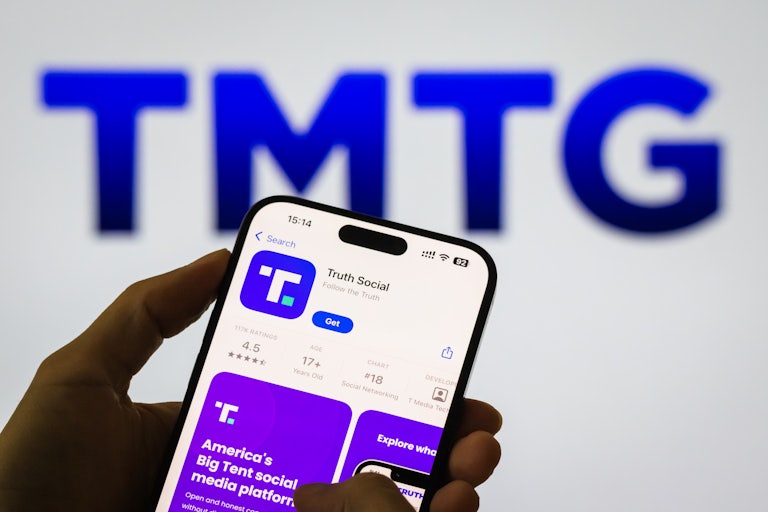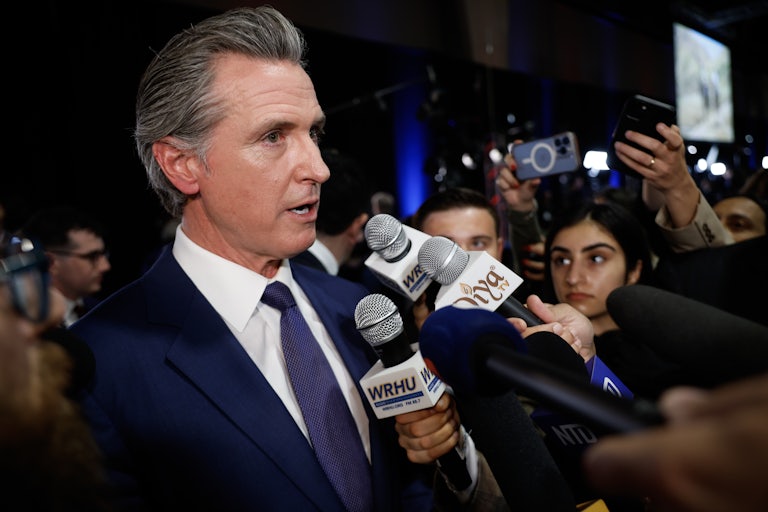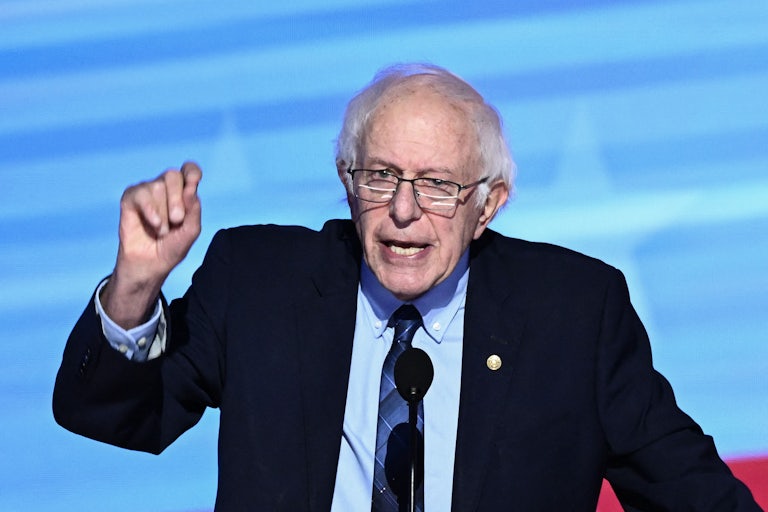Trump’s Economic Plan Is Already Working—Just Not How His Fans Thought
Donald Trump promised to make things cheaper for Americans. Things are already getting more expensive.
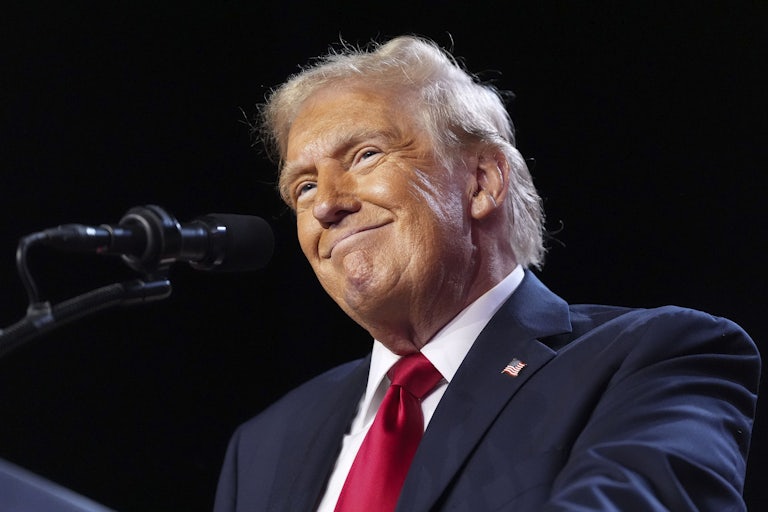
He’s three months from taking the Oval Office, but Americans are already feeling the hurt from Donald Trump’s economic policies.
Home loan interest rates saw a sharp spike Thursday to nearly a 6.8 percent average for 30-year fixed mortgages, marking a startling shift for a country on the precipice of an aggressive new administration.
“That’s going in the wrong direction,” reported CNN’s Matt Egan. “That is happening because the bond market is getting more optimistic about the economy, but also starting to price in the trillions of dollars in debt that could get added from Trump’s plans to cut taxes.”
The Federal Reserve cut its key interest rate by a quarter point on Thursday as it shifts its focus from fighting inflation to preserving the current job market. The cut follows a half-point reduction that arrived in September. During a press conference, Federal Reserve Chair Jerome Powell said that Trump’s election would “have no effects” on the central bank’s policymaking decisions “in the near term.”
Trump has promised to tackle inflation by imposing extreme tax cuts and tariffs. The MAGA leader has floated several tariff ideas—including one impossibly high hike on imported goods of between 200 and 2,000 percent. Businesses across the country have balked at his numbers, arguing that it will be Americans, not foreign countries, who pay the price. Readying themselves for a second Trump administration, companies whose business models rely on foreign suppliers—from the auto industry to some of the nation’s most popular clothing lines—are already planning to introduce price hikes on their products.
“We’re set to raise prices,” Timothy Boyle, chief executive of Columbia Sportswear, told The Washington Post. “We’re buying stuff today for delivery next fall. So we’re just going to deal with it and we’ll just raise the prices.… It’s going to be very, very difficult to keep products affordable for Americans.”
But that’s not what Trump has advertised to Americans. During an Economic Club of Chicago interview with Bloomberg News editor in chief John Micklethwait last month, Trump promised that American wallets would be relieved by the policy.
“The countries will pay,” he insisted, promising that it would encourage more companies to produce products inside the United States.
Trump has also proposed a more modest 20–60 plan, in which his second term would impose a 20 percent worldwide tariff alongside a 60 percent tariff on Chinese goods. But even that plan would prove devastating for the economy, according to an analysis by the nonpartisan Tax Policy Center, which found that it would lower household incomes by an average of $3,000 in 2025.
In a joint letter released last month, nearly two dozen Nobel Prize–winning economists formally warned against Trump’s economic plan, arguing that the MAGA leader’s stiff tariff increases and tax cuts would spell disaster for the average American.
“His policies, including high tariffs even on goods from our friends and allies and regressive tax cuts for corporations and individuals, will lead to higher prices, larger deficits, and greater inequality,” the 23 economists wrote. “Among the most important determinants of economic success are the rule of law and economic and political certainty, and Trump threatens all of these.”
